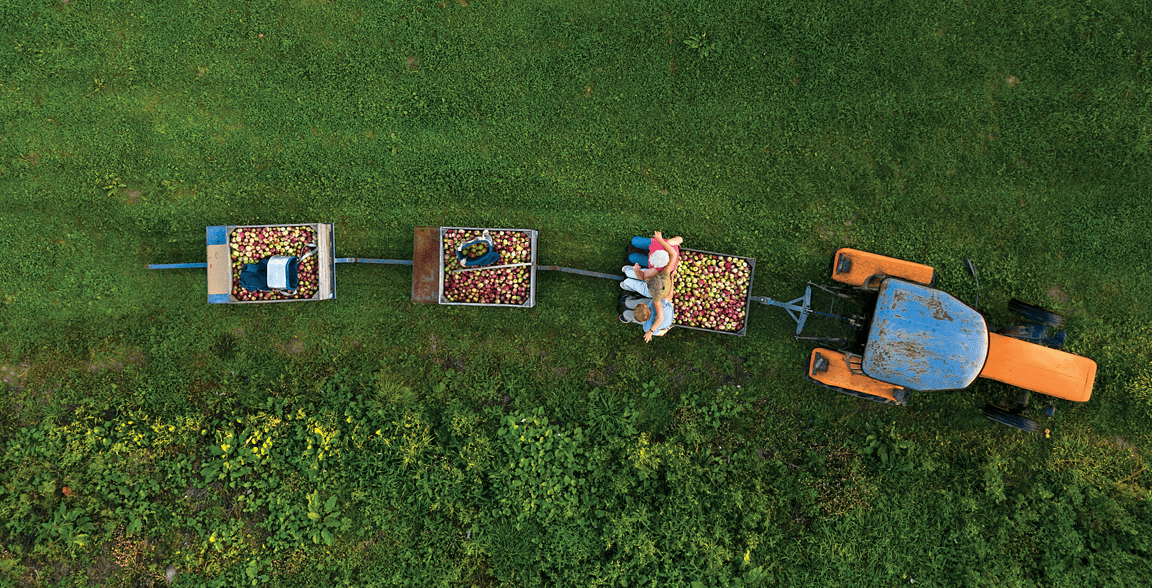SDG aligned | Food security – Growing seeds

Summary
The coronavirus pandemic refocused our attention on the value of food, with the question “how to grow seeds” trending on the internet. Yet even before the pandemic hit, the entire system of providing people with food was hugely inefficient. And without action, it will likely only get worse. The good news is that the private sector can address the UN’s Sustainable Development Goals by investing in innovations that improve the sustainability of the food economy – with the goal to do it profitably.
Key takeaways
|
Goal towards zero hunger and why it matters
The coronavirus pandemic refocused our attention on the value of food. The question “how to grow seeds” spiked on the internet as people sought to be more self-sufficient. Farmers were recognised as essential workers when the food-supply chain was disrupted. And zoonotic viruses – those that are transmitted from animals to humans – became a much-discussed topic.
Yet even before the pandemic hit, the entire system of providing people with food was hugely inefficient. While 815 million people live every day in the shadow of hunger, a third of all food goes to waste throughout the supply chain, according to the United Nations Food and Agriculture Organization. This is a large reason why the UN Sustainable Development Goals (SDGs) include the objective of eliminating global hunger by 2030.
Finding an environmentally sensitive approach
But the answer to hunger is not simply to ramp up statusquo food production, even if that were a feasible option.
We need a more environmentally sensitive approach. For example, agriculture is responsible for nearly 15% of greenhouse-gas emissions caused by humans, and climate change is exacerbating the droughts, floods and other volatile weather events that threaten crops and livestock.
All the while, the demand for food is growing along with the population. A 2012 WWF report argued that humanity would need to produce more food in the subsequent four decades than in the last 8,000 years of agriculture combined.
The good news is that the private sector can play a significant role – aligned with the SDGs – by investing with the goal to profitably improve the sustainability of the food economy. Here are three ideas for how the private sector can use capital to create change.



Capital investment required
While there are no easy answers to the challenges of food security, the high stakes make it an urgent and pressing issue. The combination of a growing population, the deteriorating health of the biosphere, water scarcity, and societal issues like hunger and obesity poses a huge challenge to our food systems. We must produce more food with higher nutritional value at a lower environmental and economic cost. To achieve this, capital investment will be essential to generate both radical innovations and incremental efficiencies. Investing in companies that create a positive impact, by aligning themselves with the food-related SDGs, is an exciting opportunity for investors and society at large.

SDG aligned | Thinking outside the box – Sustainable packaging

Summary
One urgent issue crosses multiple UN Sustainable Development Goals: reducing the vast amount of waste the world creates. Moving from plastic to sustainable packaging would mark a great leap forward – and many corporations are already doing their part. This gives investors a way to support the drive for less wasteful consumption and a cleaner planet.
Key takeaways
|









